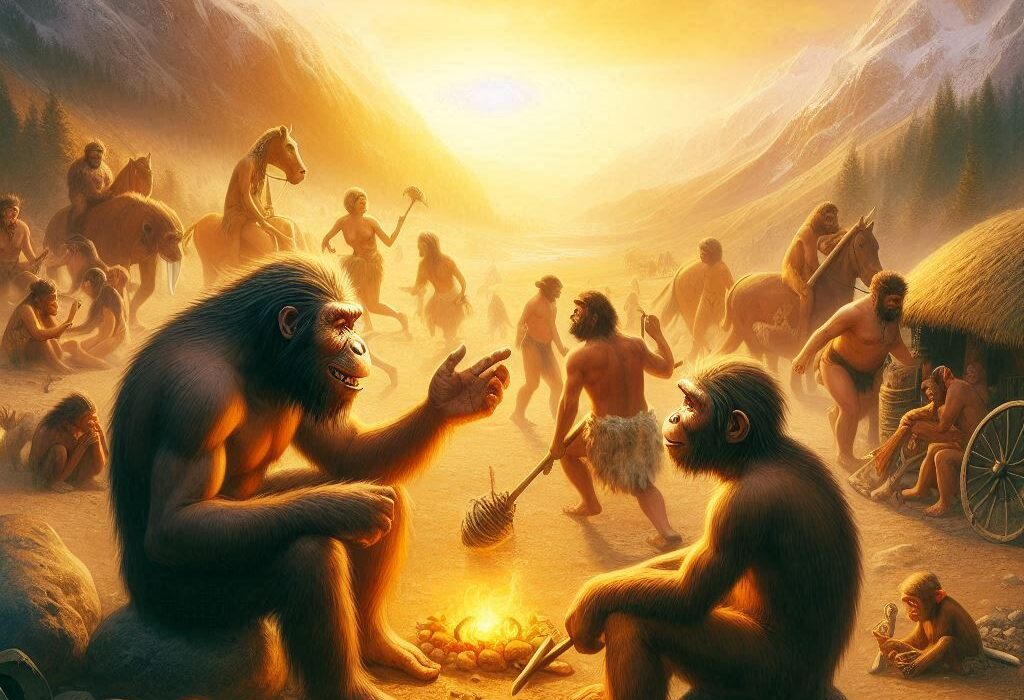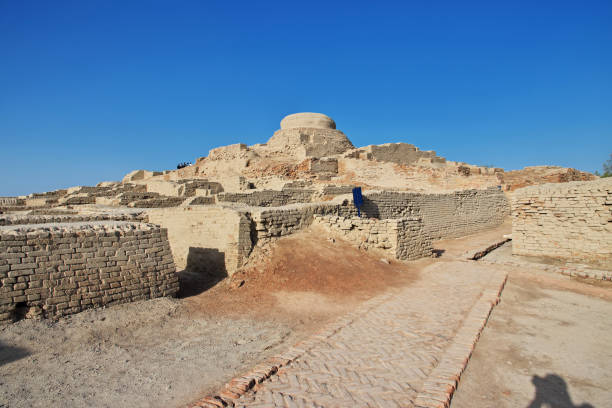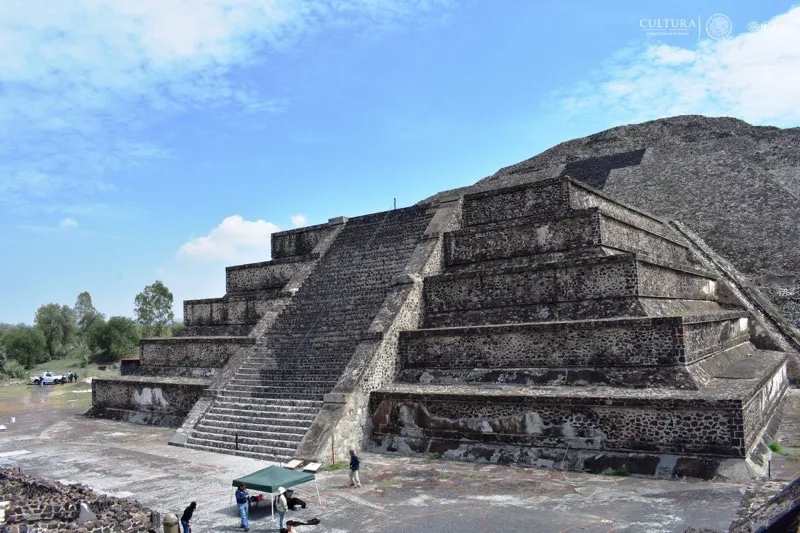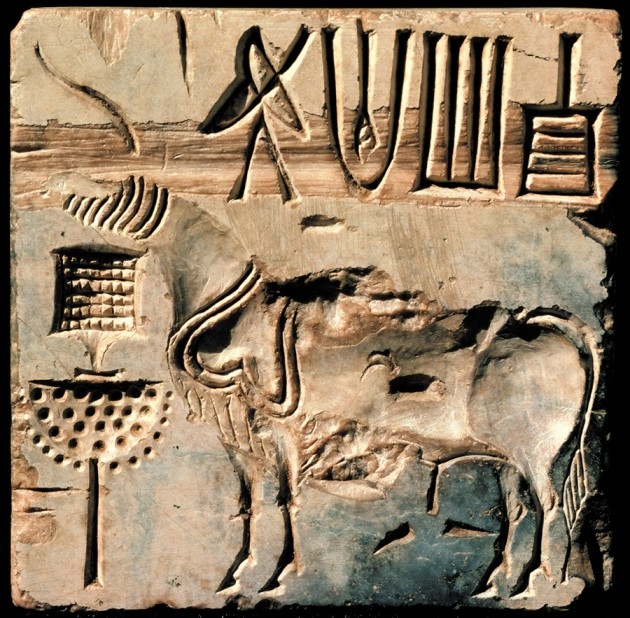Greek mythology is more than a collection of old stories about gods, heroes, and monsters. It is the living heartbeat of a civilization that once flourished along the Mediterranean shores and whose cultural echoes still resonate across the world. These myths are not just tales of adventure; they are mirrors reflecting humanity’s deepest hopes, fears, and questions about existence. They have shaped art, literature, philosophy, and even science, weaving themselves into the very fabric of Western thought.
To speak of Greek mythology is to step into a universe alive with gods who walked among mortals, heroes who defied impossible odds, and creatures born of imagination yet infused with symbolic truth. These myths endure not only because they entertained the ancient Greeks, but because they explained life’s mysteries, guided morality, and articulated the struggles of the human condition.
The Origins of Greek Mythology
Greek mythology grew from the soil of oral tradition long before it was ever written down. For centuries, storytellers recited epics, hymns, and genealogies at feasts, festivals, and religious ceremonies. These myths carried the wisdom of generations, evolving with each retelling until poets like Homer and Hesiod immortalized them in written form during the 8th and 7th centuries BCE.
Homer’s Iliad and Odyssey painted the grandeur of gods and the courage of men, while Hesiod’s Theogony offered a genealogical map of the cosmos, charting the births of gods and the structure of the universe. These works established a framework, but mythology was not static. Each region, each city-state, and sometimes each family had its own variations of the tales, adapted to local traditions and political needs.
Greek mythology, then, is less a single canon than a vast, interconnected tapestry. It is a living mythology, growing out of the Greek people’s attempt to explain natural phenomena, establish social order, and grapple with the mysteries of love, war, fate, and death.
The Birth of the Gods and the Cosmos
At the foundation of Greek mythology lies a cosmogony—a story of how the world came into being. In the beginning was Chaos, not chaos as disorder, but a yawning void, a formless expanse. From Chaos emerged primordial beings: Gaia, the Earth; Nyx, the Night; Eros, the force of love; and others that embodied the elemental aspects of existence.
Gaia gave birth to Uranus, the Sky, and together they produced the Titans, powerful beings who ruled before the Olympian gods. Yet harmony was not their legacy; Uranus, fearing his children, imprisoned them. Gaia, enraged, conspired with her son Cronus to overthrow Uranus. Cronus succeeded, but his reign too was marked by paranoia and cruelty.
The prophecy that he would be overthrown by his own children drove Cronus to devour them as soon as they were born. But Rhea, his wife, saved the youngest—Zeus—by tricking Cronus with a stone wrapped in swaddling clothes. Zeus grew to manhood, freed his siblings, and led them in a great war against the Titans. The Olympians triumphed, casting the Titans into the depths of Tartarus and establishing a new divine order atop Mount Olympus.
This tale of cosmic succession reflects not only the Greeks’ attempt to explain the origins of the universe but also their understanding of power—its cyclical nature, its vulnerability to ambition, and the inevitability of change.
The Olympian Pantheon
The Olympian gods became the central figures of Greek mythology, embodying both divine majesty and very human flaws. Unlike distant, omnipotent deities, the Greek gods were approachable, fallible, and deeply intertwined with the lives of mortals.
Zeus, king of the gods, wielded thunderbolts and presided over law and order, yet was notorious for his infidelities. Hera, queen of the gods, embodied marriage and family, yet her jealousy drove her to torment her husband’s lovers and illegitimate offspring. Athena, goddess of wisdom and war strategy, represented reason and justice, while Ares embodied raw, chaotic violence.
Poseidon ruled the seas, his temper as unpredictable as the waves. Demeter governed agriculture and fertility, her grief over the abduction of her daughter Persephone explaining the cycle of the seasons. Apollo, radiant god of music, prophecy, and healing, contrasted with his twin sister Artemis, the huntress and guardian of the wilderness.
Aphrodite, born from the foam of the sea, personified beauty and desire, while Hephaestus, the lame god of the forge, crafted weapons of divine brilliance. Hermes, the swift messenger, bridged the world of gods and mortals, and Hestia, goddess of the hearth, symbolized the sacredness of home and community.
Each god was worshiped across the Greek world, yet each carried contradictions that made them relatable. They were divine but not perfect, powerful but not beyond error, embodying the complexities of existence itself.
Heroes and the Human Spirit
Greek mythology is equally defined by its heroes—mortals who, through courage, wit, or divine favor, achieved extraordinary deeds. These stories reflected the Greeks’ admiration for human potential and their awareness of human limitations.
Heracles (Hercules in Roman tradition), perhaps the most famous, endured twelve labors imposed upon him as punishment for a crime committed in madness. His feats of strength, from slaying the Nemean lion to capturing Cerberus, symbolized not only physical power but also endurance against overwhelming odds.
Perseus, aided by divine gifts, beheaded Medusa, a Gorgon whose gaze turned men to stone. His story is one of courage guided by intelligence and divine assistance. Theseus, celebrated for defeating the Minotaur within the labyrinth of Crete, became a symbol of civic heroism, embodying the ideals of Athens itself.
Achilles, the unmatched warrior of the Trojan War, personified both glory and tragedy, his near invincibility undone by a single vulnerable heel. Odysseus, through his cunning and endurance, navigated trials that tested both body and spirit on his long voyage home.
These heroes were more than characters in stories—they were models of arete, the Greek ideal of excellence. Yet they were also cautionary tales, for hubris, or excessive pride, often brought about their downfall. In them, the Greeks saw both inspiration and warning, a reflection of the fragile line between greatness and ruin.
Monsters and the Boundaries of Imagination
Where there are heroes, there must also be monsters—creatures that embodied chaos, danger, and the fears of the human psyche. Greek mythology teems with such beings: the Hydra with its many heads, the Chimera breathing fire, the Sphinx posing deadly riddles, and the harpies, furies, and sirens luring men to destruction.
These monsters were not merely obstacles; they symbolized the challenges of life, the fears lurking at the edges of the known world. To conquer a monster was to conquer fear, chaos, or the unknown. Heroes who triumphed over these creatures brought order to the world, reinforcing the belief that courage and intelligence could overcome even the most terrifying of adversaries.
The Trojan War: Myth and Memory
One of the most enduring mythological cycles is the Trojan War, immortalized in Homer’s Iliad. It begins with a quarrel among goddesses—Hera, Athena, and Aphrodite—over who was the fairest. Paris, a prince of Troy, was asked to judge. He chose Aphrodite, who promised him the love of the most beautiful mortal woman, Helen of Sparta. Her abduction (or elopement) with Paris ignited a war that drew together the greatest heroes of Greece.
The war lasted ten years, marked by feats of valor, divine interventions, and tragic losses. Achilles’ wrath, Hector’s honor, and the cunning Trojan Horse all became legendary. Though the details blur between myth and possible history, the Trojan War stood as a cultural touchstone for the Greeks, a story of love, betrayal, pride, and the devastating cost of war.
The Underworld and the Mystery of Death
The Greeks did not shy away from contemplating death, and their mythology gave vivid shape to the afterlife. The underworld, ruled by Hades and his queen Persephone, was a shadowy realm where souls journeyed after death.
The River Styx marked the boundary, and the ferryman Charon carried souls across for a coin. Cerberus, the three-headed hound, guarded the gates. Within lay various regions: the Fields of Asphodel, where most souls wandered in neutrality; the Elysian Fields, a paradise for heroes and the virtuous; and Tartarus, a place of torment for the wicked and the defeated Titans.
These myths about the underworld reflected the Greeks’ views on mortality, justice, and the soul. They did not promise universal bliss but offered a vision of the afterlife that mirrored earthly values of honor, justice, and consequence.
Myth and Philosophy: The Search for Meaning
Greek mythology was not static storytelling—it interacted with the rise of philosophy. Thinkers like Plato and Aristotle often engaged with myth, sometimes allegorizing it, sometimes critiquing it. Plato used myths such as the allegory of the cave or the myth of Er to explore profound philosophical questions about reality, knowledge, and the soul.
While philosophers sought rational explanations, myths retained their power as symbolic narratives. Together, they shaped a worldview where reason and imagination, logic and story, coexisted in creative tension.
The Influence of Greek Mythology on Western Culture
The impact of Greek mythology extends far beyond ancient Greece. The Romans adopted and adapted Greek myths, renaming gods but preserving their essence. During the Renaissance, artists like Botticelli and Michelangelo revived mythological themes, filling canvases and sculptures with the beauty and drama of ancient stories.
In literature, Greek myths inspired countless works, from Shakespeare’s plays to modern novels. Poets like John Keats and T.S. Eliot wove myth into their verse, while contemporary authors reinterpret myths for new audiences. In psychology, Carl Jung and Sigmund Freud found in myth archetypes and symbols that illuminate the human mind.
Greek mythology also pervades popular culture: movies, comic books, video games, and television shows retell these stories, proving their timeless appeal. Whether in the form of superheroes modeled on Heracles or fantasy worlds echoing Homer’s epics, the myths live on, reshaping themselves to speak to each generation.
The Moral and Psychological Dimensions
Greek mythology is more than entertainment; it is moral exploration. Myths warned against hubris, greed, and betrayal while praising courage, hospitality, and loyalty. They also acknowledged the role of fate, showing how even the mightiest could not escape destiny.
Psychologically, myths externalized inner struggles. Monsters embodied fears, gods represented desires and conflicts, and heroes enacted the journey of human growth. They were, in essence, the dreams of a culture, offering insights into both collective values and individual struggles.
The Timeless Relevance of Greek Mythology
Why, after thousands of years, do these myths still resonate? Because they are not bound to one time or culture; they speak to universal human experiences. The desire for love, the pain of loss, the temptation of power, the inevitability of death—these are not ancient concerns alone but eternal ones.
Greek mythology continues to inspire because it captures the complexity of life with honesty and imagination. It acknowledges human weakness without denying human greatness. It reveals the divine within the mundane and the profound within the ordinary.
Conclusion: The Stories That Shaped Us
Greek mythology is not just history’s relic; it is a living inheritance. It shaped the literature, art, and philosophy of the West and continues to influence our stories, our psychology, and our vision of the world. Its gods and heroes, its monsters and morals, remain vivid because they reflect us—our dreams, our fears, our triumphs, and our tragedies.
To ask about Greek mythology is to ask about ourselves. It is to recognize that within these ancient tales lies the ongoing human journey: the quest to understand who we are, where we come from, and what it means to live. And in that quest, the myths of Greece will forever stand as guiding stars, illuminating the path of culture, imagination, and meaning.






